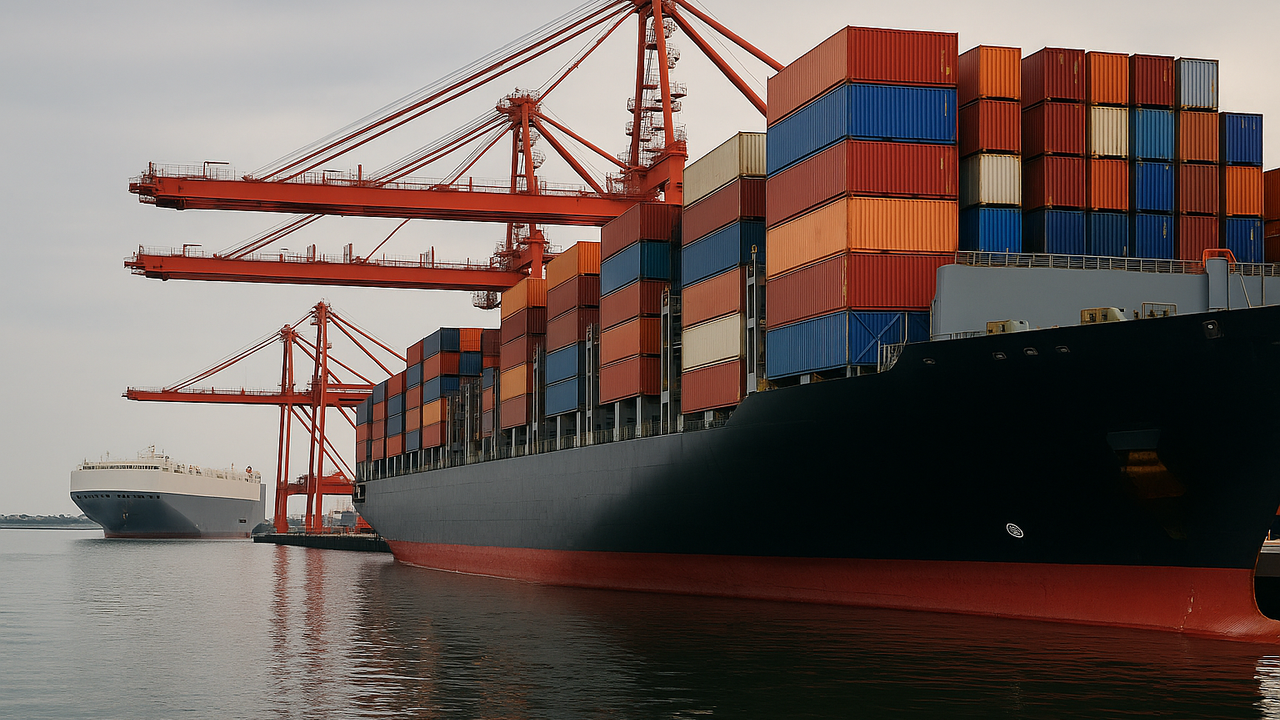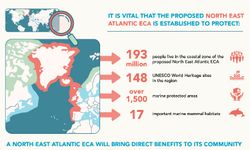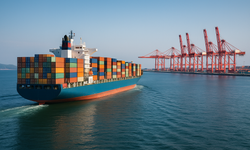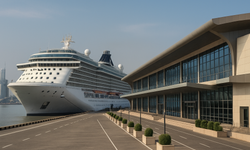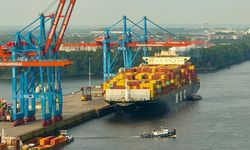The World Shipping Council (WSC) is urging the U.S. Trade Representative (USTR) to reconsider new port tariffs on Chinese-built ships. While the USTR says the goal is to support the American shipbuilding industry and reduce reliance on foreign construction, the WSC argues that the move could raise shipping costs, hurt exporters, and disrupt trade.
One of the council’s key concerns is that the tariffs would apply retroactively, including ships already in operation. This approach does not help promote future U.S.-based shipbuilding and instead risks interrupting existing trade agreements and shipping plans.
Another issue is how the tariff charges are calculated, based on net tonnage. This could unfairly affect larger and more energy-efficient ships, leading to higher costs for importing essential goods like farm products and industrial supplies.
The WSC also points to vehicle carriers, which face extra fees based on car equivalent unit (CEU) capacity. This may drive up prices for cars in the U.S. without offering clear support for the American shipbuilding sector. Additionally, the council questions whether the tariffs are even legally valid under U.S. trade law and warns they could lead to retaliation from key trading partners.
Chinese shipping company COSCO has already spoken out, saying the tariffs damage fair competition and threaten the stability of global shipping. Industry experts also warn of possible supply chain disruptions, longer shipping times, and higher costs for everyday goods.
Instead of blanket tariffs, the WSC is pushing for smarter strategies to strengthen the U.S. maritime industry. These include offering targeted investments to shipbuilders, upgrading port facilities, and improving regulations to attract innovation and private funding. These solutions, they say, can build a strong U.S. shipping sector without harming consumers or exporters.
Follow our page for more updates on trade policy, maritime shipping, logistics, and global commerce.
#ShippingNews #USTrade #MaritimePolicy #GlobalTrade #WorldShippingCouncil #Maritime #News
